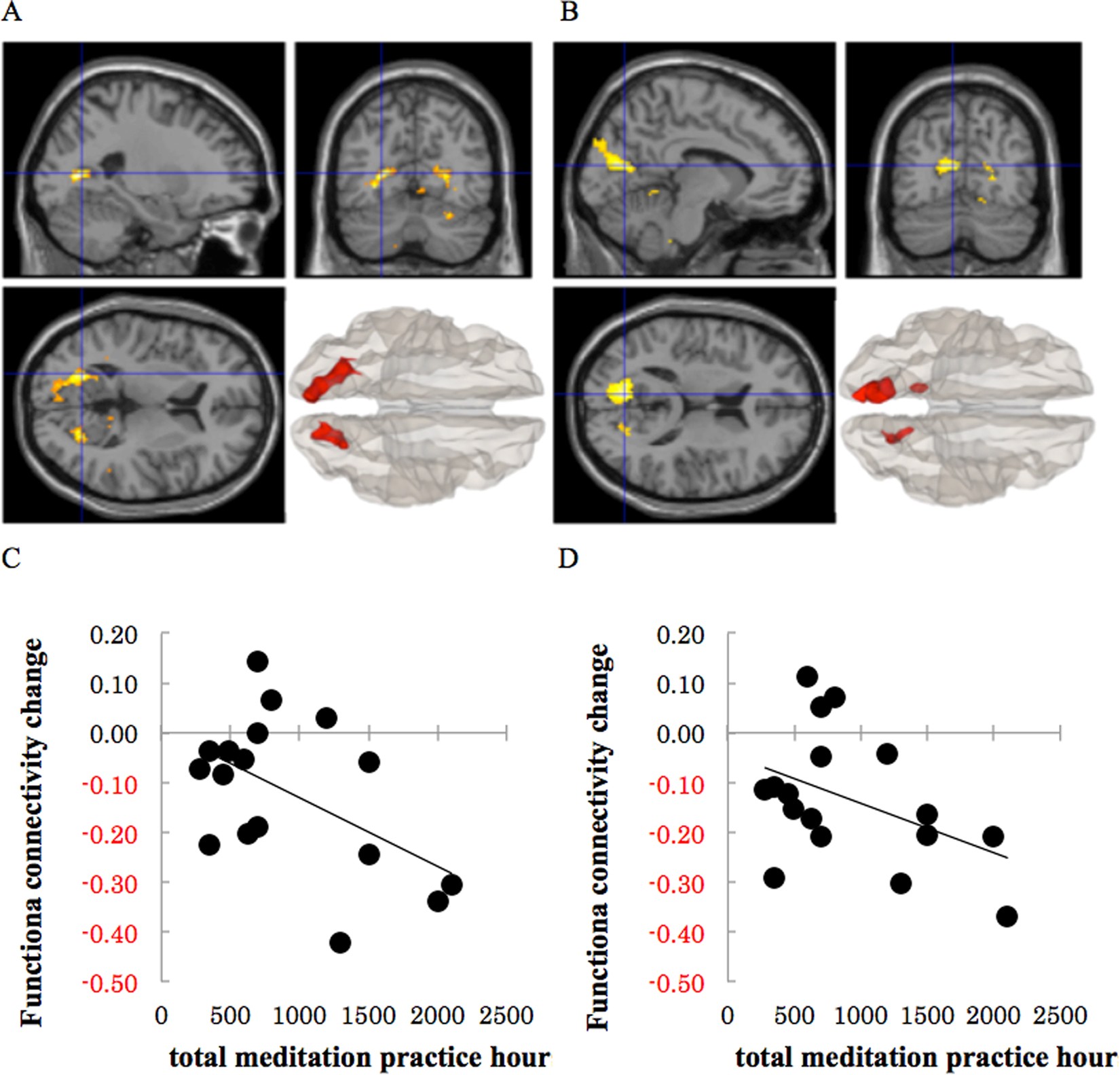
Science-Driven Techniques for a Sharper Mind
In a time characterized by unparalleled information congestion and relentless multitasking, keeping a sharp, resilient, and concentrated mind has become increasingly demanding—and essential—than ever before. Thankfully, pioneering neuroscience presents an expanding assortment of research-based methods aimed at preserving and even amplifying cognitive abilities. From mindfulness to physical exercise, explore how you can leverage science to enhance your brain for improved clarity, memory, and productivity.
🧠 The Brain and Mindfulness: Insights Revealed
Mindfulness, a practice with origins in ancient meditation traditions, has been extensively studied within modern neuroscience. Its advantages reach far beyond mere stress alleviation.
1. Growth of Grey Matter
Research published in Psychiatry Research: Neuroimaging indicates that regular mindfulness practice actually boosts grey matter in significant brain regions—including the hippocampus (linked to memory and learning) and the prefrontal cortex (responsible for executive functions and self-regulation). This promotes superior decision-making and emotional control.
2. Fortifying the Prefrontal Cortex
Commonly regarded as the brain’s “CEO,” the prefrontal cortex is essential for planning, concentration, and managing impulses. MRI images show that frequent meditators exhibit increased thickness in this area, leading to improved focus and the ability to manage long-term objectives effectively.
3. Soothing the Default Mode Network (DMN)
The DMN tends to activate when thoughts drift or linger. Consistent mindfulness practice diminishes activity in this network, aiding individuals in maintaining concentration and alleviating anxious, repetitive thought cycles.
4. Boosting Neuroplasticity
Importantly, mindfulness cultivates neuroplasticity—the brain’s ability to reorganize and create new neural connections. This implies that even adults can modify their brain structures by adopting consistent mental practices that encourage health and flexibility.
🧬 Neuroscientific Advantages Beyond Calmness
Beyond structural brain alterations, mindfulness also brings a plethora of quantifiable psychological and cognitive advantages:
✔ Improved Emotional Regulation
By assisting practitioners in observing rather than reacting to their feelings, mindfulness curtails emotional reactivity and enhances emotional intelligence. Over time, this can foster better interpersonal relationships and greater resilience in high-pressure scenarios.
✔ Decreased Stress
Engaging in mindfulness practices lowers cortisol levels—the principal stress hormone. Reduced cortisol levels are associated with enhanced immune responses, cardiovascular health, and sleep quality.
✔ Better Memory and Focus
Research has consistently found that mindfulness can enhance both working memory and sustained attention. This is particularly beneficial in settings filled with frequent distractions.
✔ Mental Health Support
Therapeutic methods like Mindfulness-Based Cognitive Therapy (MBCT) utilize mindfulness techniques to address depression, anxiety, and PTSD. These strategies assist individuals in disengaging from negative thought cycles, facilitating a more empowered response to challenging emotions.
🧠 How Mindfulness Reconfigures the Brain
Scientific evidence shows that mindfulness transcends mere psychological changes—it also triggers physiological modifications in brain structure:
– Thicker Prefrontal Cortex: Improves decision-making, focus, and emotional management.
– Larger Hippocampus: Increases learning capacity, memory retention, and resilience to stress.
– Less Active Amygdala: As the fear response center of the brain, the amygdala slightly shrinks in those who meditate regularly, aiding in tempering fight-or-flight reactions and anxiety levels.
🧓 A Long-term Approach to Cognitive Longevity
Mindfulness serves not only to enhance present awareness but also represents a cognitive investment for the future. Research indicates that regular meditation may postpone age-related cognitive degeneration and lower the likelihood of neurodegenerative conditions such as Alzheimer’s and dementia.
Additional long-term benefits comprise:
– Maintenance of white and grey matter integrity
– Improved sleep quality
– Boosted immune function
Just a few moments of daily mindfulness can significantly impact brain health over time.
📅 Simple Methods to Incorporate Mindfulness into Daily Life
You don’t have to spend hours each day to experience the cognitive advantages of mindfulness. Even brief, consistent practice can lead to positive outcomes:
– Morning Breathwork: Commence your day with five mindful breaths to establish a clear and focused mindset.
– Mindful Walking: Concentrate on every step taken during a walk, attuning yourself to the surrounding environment.
– Apps for Guidance: Platforms such as Headspace, Calm, and Insight Timer provide guided meditations suitable for both novices and experts.
The essential factor is consistency. With time, the brain internalizes mindfulness as a routine—enhancing clarity, calmness, and decision-making with effortless ease.
💡 Additional Research-Supported Tips for Mental Sharpness
Although mindfulness is a validated technique, it is most effective when combined with other evidence-based mental enhancers:
1. Regular Physical Activity
Engaging in exercise amplifies blood circulation to the brain and promotes the release of brain-derived neurotrophic factor (BDNF), which encourages neural growth and connectivity.
2. Emphasize Quality Sleep
Restorative sleep consolidates memories and eliminates neurotoxins from the brain. Aim for 7–9 hours per night.
3. Nourish Your Brain
A diet abundant in omega-3 fatty acids, antioxidants, and complex carbohydrates supports focus and minimizes inflammation. Think: